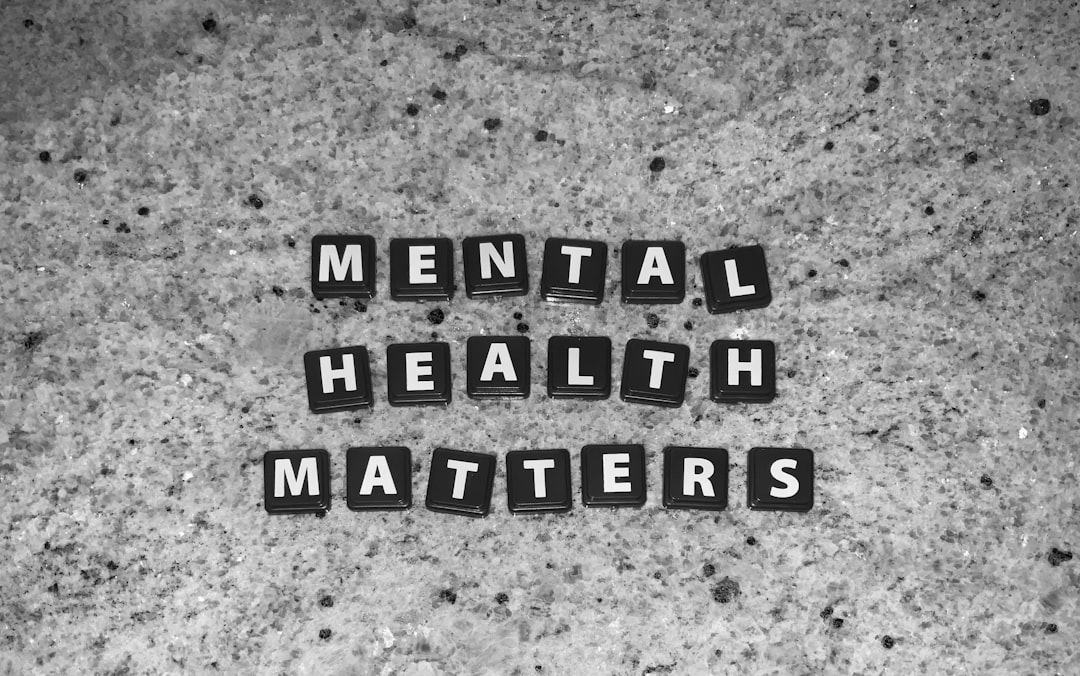What is it about?
When remembering an event, we recall both specific details and the surrounding contextual information to create a coherent picture in memory. Emotionally negative information (e.g., a hissing snake) is more easily remembered, yet interferes with our ability to recall contextual information (e.g., the surrounding environment). Many of our daily experiences, including emotional experiences, involve social cues, like facial expressions and body language. However, less is known about how social cues affect memory for specific and surrounding details. Participants viewed images with varying social and emotional cues, each paired with a neutral image of an object. Twenty-four hours later, participants were tested on their memory for the target image and the associated object. We found that participants remember specific images better when they were negative and when they included social cues. By contrast, social cues were associated with better memory for associated objects, while negative images were associated with poorer memory for associated objects. These findings suggest that social and negative cues enhance memory for specific events, but may have opposite effects on the ability to put those events into context. Gender differences may also influence the ways that social and emotional cues are remembered. We tested whether men vs. women differed in their ability to remember specific and associated details when they contained social and/or emotional cues. Women and men were similar in their ability to remember specific details, but women demonstrated better memory overall for associated objects.
Featured Image

Photo by Juliana Malta on Unsplash
Why is it important?
Understanding how emotional and social cues affect memory is important, as our daily experiences include critical social and emotional information. Our work explores how different types of socioemotional cues influence memory in varied ways– and reminds us of the complexity with which we perceive and engage with the world around us. Moreover, this work may offer useful future directions for clinical research, particularly for mental health conditions (i.e., social anxiety, depression) and neurodevelopmental disorders ( i.e., autism spectrum disorder) where differences in how social and/or emotional information is processed, encoded, and remembered increase vulnerability to stressors or maintain unhelpful patterns of thinking and perception. Contrary to common gender stereotypes, our work also shows that men and women are not differently affected by negative or social cues.
Read the Original
This page is a summary of: Episodic memory through a social and emotional lens., Emotion, September 2022, American Psychological Association (APA),
DOI: 10.1037/emo0001147.
You can read the full text:
Contributors
The following have contributed to this page










